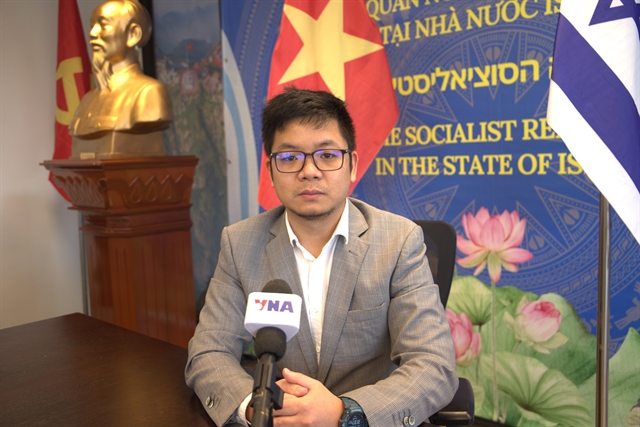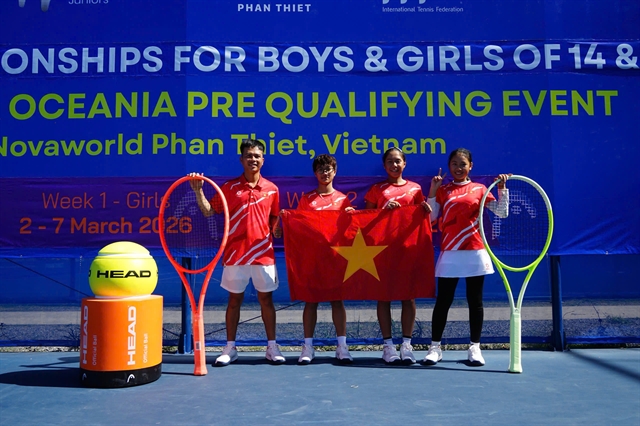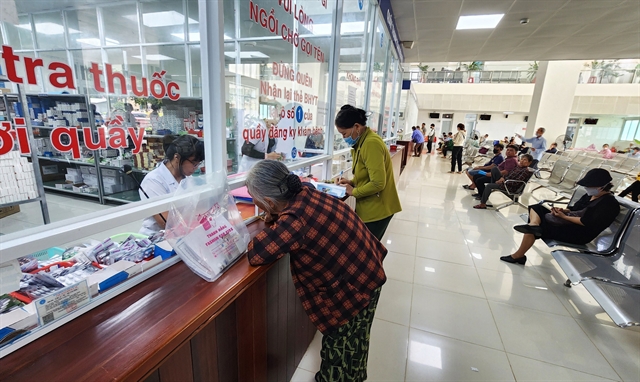 Opinion
Opinion
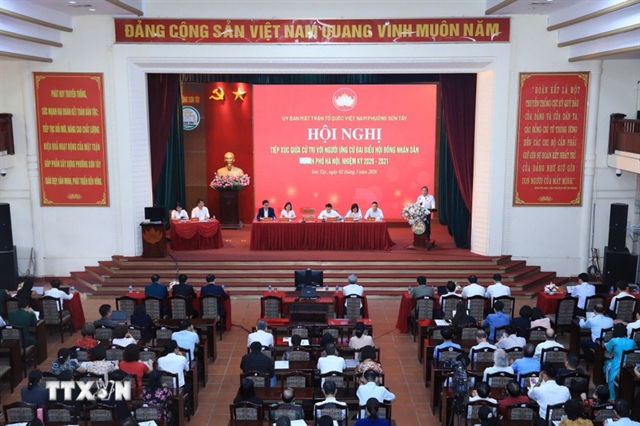
Trần Duy Đông, director general for the Department for Economic Zones Management under the Ministry of Planning and Investment, talks to Kinh tế Việt Nam & Thế giơí (Việt Nam and the World Economy) magazine on Việt Nam’s plan to enact a new law on Industrial Parks and Economic Processing Zones.
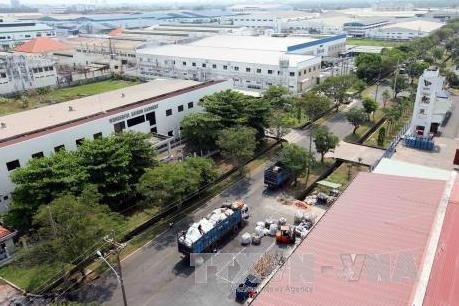 |
| A view of Bình Xuyên Industrial Parks in Vĩnh Phúc Province. — VNA/VNS Photo |
Trần Duy Đông, director general for the Department for Economic Zones Management under the Ministry of Planning and Investment, talks to Kinh tế Việt Nam & Thế giơí (Việt Nam and the World Economy) magazine on Việt Nam’s plan to enact a new law on Industrial Parks and Economic Processing Zones.
What do you think about the changes in our policies to attract foreign investment?
Since the enactment of the Law on Investment in 2005, industrial parks nationwide have considerably contributed to the rapid development of industrial zones and economic processing zones.
Under the 2005 law, management boards of industrial parks and industrial zones have focused more on their functional tasks and missions, particularly on land management, labour, trade, environment and construction through the practice of one-stop shop. This model has greatly contributed to improving the investment environment and business in the country, including in industrial parks and economic processing zones.
Besides simplifying its administrative procedures, Việt Nam’s advantageous investment policy has helped attract more foreign investment in industrial parks and economic processing zones. Under the Vietnamese Investment Law, investors in industrial parks and economic processing zones will enjoy several preferential taxes, including the enterprise tax, imported tax, land use tax and others.
In the past, industrial parks or economic processing zones located in poor or less developed socio-economic areas were given preferential policies. But recently, particularly following the amendment of the Law on Enterprise Income Tax, Việt Nam has adjusted its preferential tax policy by focusing more on high-tech projects, industrial supporting projects, labour intensive projects and some others.
Việt Nam’s adjustment of its investment law in industry and export processing zones has achieved certain successes along the lines of high-tech application, particularly in the supporting industry.
How do you respond to the complaint that many investment projects have become a source of pollution?
This mainly happened before 2005 when the 2005 Investment Law had not been enacted. However, nowadays, the pollution problem has been reported here and there due to backward technology. We, at the Ministry of Planning and Investment have vowed not to turn Việt Nam into a backyard for the world’s backward technology.
The MPI will continue to review the planning activities of industrial parks to ensure project owners uphold their commitments in their project proposals. If not, we’ll take measures to penalise them. Adjustments to existing industrial parks will only be approved when they meet all conditions laid down in Government Decree 82/2018 on the management of industrial parks and economic zones.
What has the MPI advised the Government to do to attract more investment in industrial parks and export processing zones?
We have asked the Government to supplement and further complete/supplement planning procedures, investment and the establishment of new industrial parks along the lines of transparency and accountability.
In the future, we also need to complete our legal documents on investment in industrial parks and export processing zones to attract more foreign investors. Of course, we’ll only grant licences to projects using advanced and clean technology.
In addition, we have to revise our current investment procedures to make them easy to understand and implement, with transparency and accountability.
We vow to further complete our State apparatus to make it respond to the duty and assignments to state offices at the central and local levels in order to live up to our slogan ‘one stop shop’.
According to our plan, in the near future, we’ll develop the Law on Industrial Park and Economic Processing Zone to replace the present Decree on Industrial Park and the Economic Processing Zone.—VNS



